1. The Mafia’s Artichoke Monopoly in New York
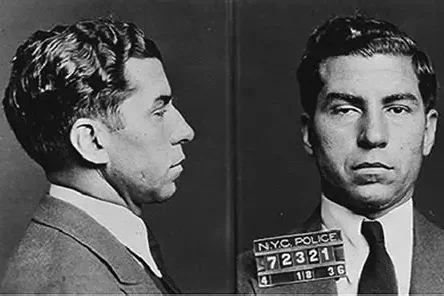
Vegetables are supposed to be wholesome. They sit quietly in kitchens, fill grocery bags, and make up the background of family dinners. But when greed, power, and crime enter the picture, even the most innocent produce can become weapons of control and profit. In the 1930s, mobster Ciro Terranova built a monopoly on artichokes in New York. Known as the Artichoke King, he forced sellers to buy only from him at inflated prices. Those who resisted found their stalls smashed or supplies destroyed. For New Yorkers, a simple artichoke salad suddenly came with a side of fear.
2. Avocado Cartels in Mexico
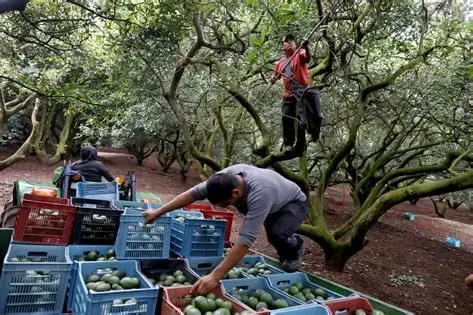
Avocados turned from trendy food to green gold in Mexico, especially in Michoacán. Cartels realized they could squeeze massive profits by controlling orchards, extorting farmers, hijacking trucks, and eliminating competition. In some towns, farmers banded together into armed vigilante groups to protect their livelihoods. What should have been a creamy topping for toast became a global flashpoint for violence. Behind that guacamole at brunch lies a world where avocados are worth fighting and dying for. It’s a chilling look at how a beloved fruit became a battlefield for power and greed.
3. Garlic Smuggling in Europe
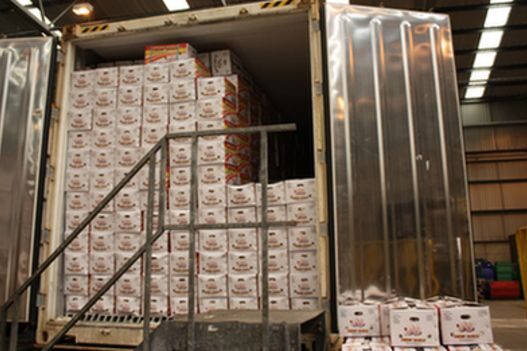
Garlic may seem like a humble kitchen staple, but in Europe it once triggered a multimillion-dollar smuggling ring. Heavy tariffs on Chinese garlic opened the door for fraudsters who relabeled shipments as apples, onions, or ceramics to avoid taxes. When authorities finally cracked the case, ports reeked of seized garlic, and losses reached millions. It was a pungent form of organized deceit that proved how even simple produce could attract global crime. Garlic, meant to flavor meals, became the unexpected star in one of the world’s most unusual smuggling sagas.
4. Onion Wars in India
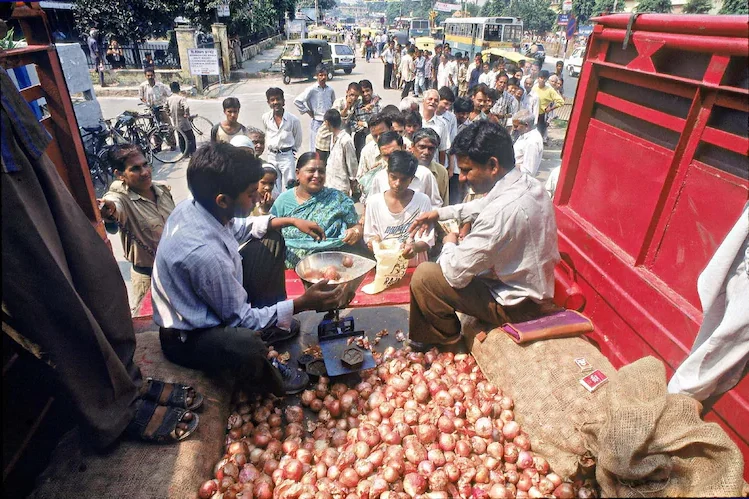
In India, the price of onions can make or break governments. During the 1980s and 1990s, gangs hoarded onions, waiting until prices soared before selling them at staggering profits. The shortages led to riots, and angry citizens turned on politicians. Families struggled to cook without a staple ingredient, while criminals grew richer by the day. Onions became more than food; they became symbols of power, protest, and political failure. What should have been a tearful kitchen moment became a national crisis that showed how easily greed can rot even the simplest crop.
5. The Tomato Mafia of Sicily
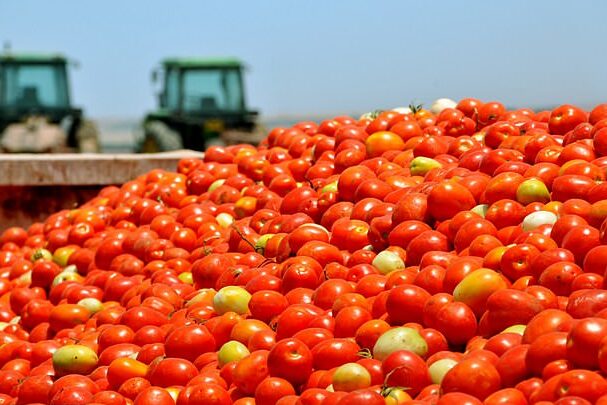
Tomatoes may remind us of summer gardens and homemade sauce, but in Sicily they were tied to fear. Mafia families controlled the tomato trade, dictating who could grow and sell the produce. Farmers who resisted were punished through vandalism, theft, or worse. Truckloads of tomatoes were destroyed to make examples out of those who refused to pay tribute. For consumers, every spoonful of sauce carried the hidden cost of corruption. What should have been the pride of Italian cuisine became another bloody chapter in organized crime’s long reach.
6. Cabbages and Cocaine
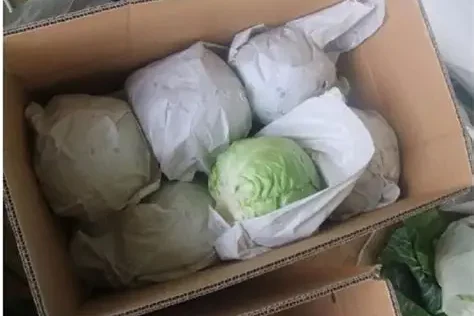
Criminals in South America once found a way to smuggle cocaine inside hollowed-out cabbages. The vegetables looked perfectly fresh, green, and harmless to inspectors. But beneath the leaves, the drug trade thrived in disguise. Entire shipments crossed borders undetected before authorities noticed strange smells and heavy crates. The scheme revealed just how inventive smugglers can be when money is involved. What’s meant to nourish families became a cover for addiction and death. Even the simplest cabbage wasn’t safe from the world’s dark business of crime and deceit.
7. Potatoes and Political Scandal
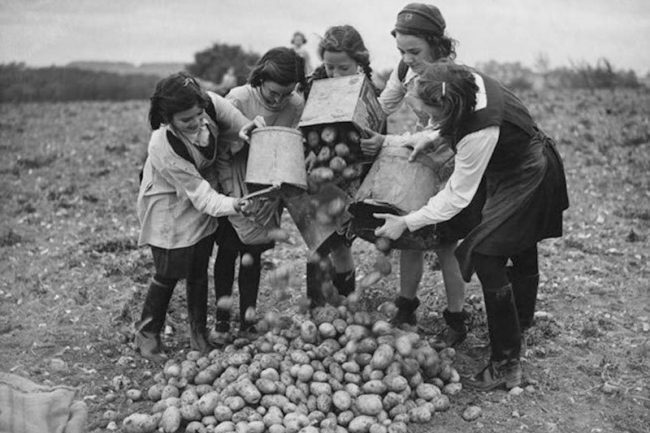
In the Soviet Union, potatoes were more than a food source; they were a symbol of survival. Corrupt officials and black-market traders hoarded them to control prices and gain power. People bribed one another with sacks of spuds, and a good harvest meant influence in local politics. What should have been a peasant’s staple became a tool for manipulation. Potatoes lost their humble role at the dinner table and turned into underground currency. It proved that when scarcity meets greed, even the earth’s simplest crop can feed corruption instead of hunger.
8. Eggplant Extortion
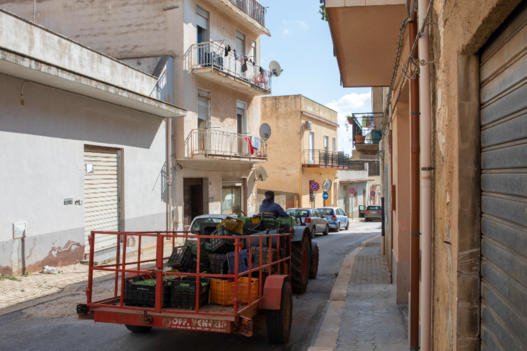
In southern Italy, eggplant farmers were often caught in mafia-run protection rackets. Criminals demanded regular payments in exchange for keeping farms and families safe. Those who refused faced burnt fields or stolen harvests. It was never about vegetables; it was about domination and fear. For these farmers, every planting season meant survival choices instead of profits. What should have been peaceful agriculture became a constant test of courage. The eggplant, once a sign of Mediterranean pride, became another victim of organized extortion dressed in soil and sweat.
9. Lettuce Laundering in Spain
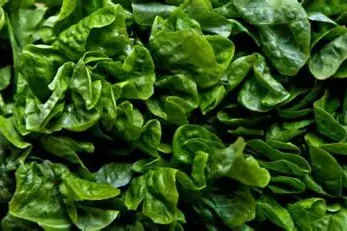
In Spain, drug traffickers cleverly used lettuce farms to wash dirty money. The crop provided a perfect cover: quick harvest cycles, constant demand, and cash transactions. On the surface, it all looked legitimate, but the profits quietly traced back to cocaine and heroin. Grocery stores and restaurants unknowingly bought from criminally funded suppliers. While shoppers picked crisp greens for their salads, they were touching the outer layer of an international crime web. Lettuce, symbol of freshness and health, became a leafy disguise for dirty money.
10. Zucchini with a Side of Smuggling
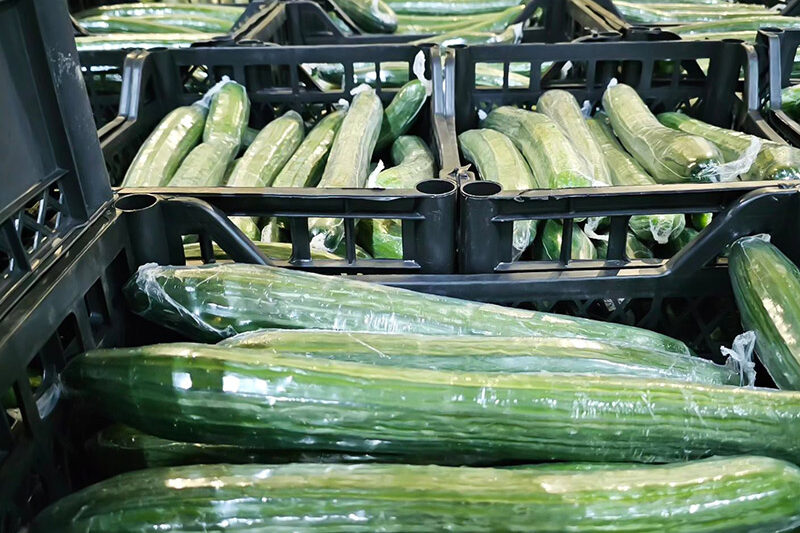
Customs officers have discovered drugs hidden inside zucchinis, squashes, and peppers. Traffickers carved out the centers, filled them with narcotics, and carefully resealed them to look untouched. To everyday buyers, they were just vegetables. To investigators, they were ticking clues in international trafficking. The trick worked because no one suspects grocery produce of concealing danger. It was a reminder that criminals will use anything to move their goods. Even the most overlooked vegetables became unwitting couriers in a global game of deception.
11. Olive Oil Fraud in Italy
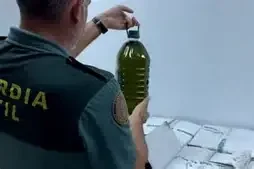
Italy’s olive oil industry faced one of its worst scandals when counterfeiters began mixing cheap oils with genuine extra virgin varieties. The bottles looked authentic, the labels gleamed with heritage, but inside was a blend that cheated consumers and farmers alike. Criminal networks made millions selling fake olive oil across Europe and the United States. For families who thought they were buying quality, the discovery felt like betrayal. What should have represented Mediterranean purity became a symbol of greed hidden behind golden hues.
12. Carrot Currency in Prison
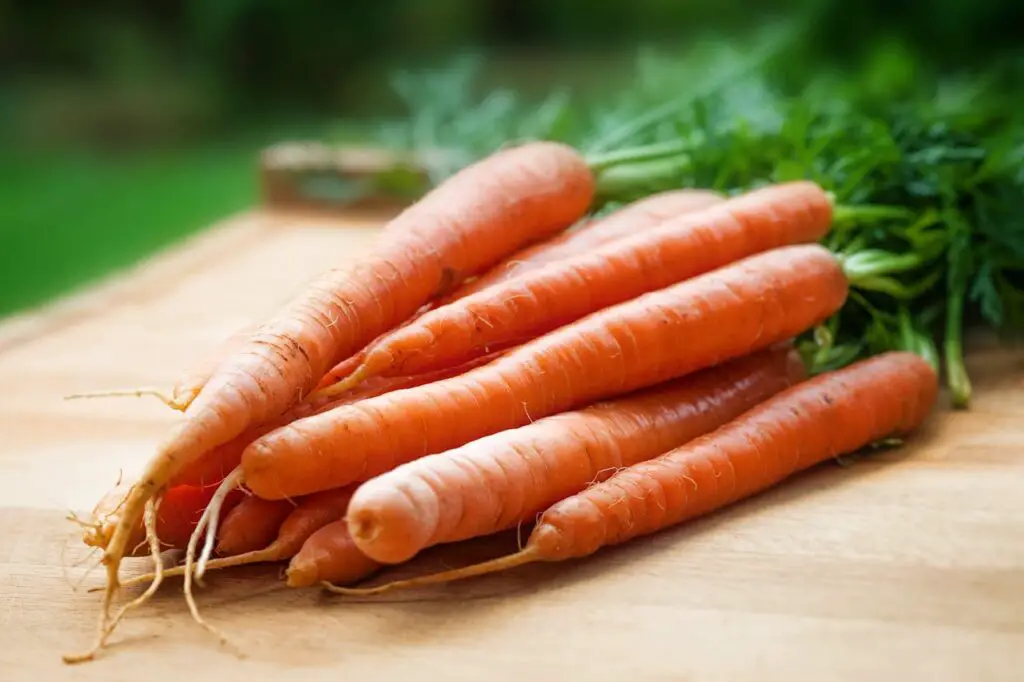
Inside some American prisons, carrots and other vegetables became unofficial currency. Inmates traded them for protection, favors, or contraband. Guards eventually noticed the strange exchanges and cracked down on the barter system. What started as harmless snacking turned into underground economics. Carrots symbolized more than food; they represented survival and power in confined walls. The story revealed how resourceful people can become when real money is useless. Even in a place built on punishment, vegetables found a way to redefine value and control.
13. Jalisco’s Chili Pepper Rackets
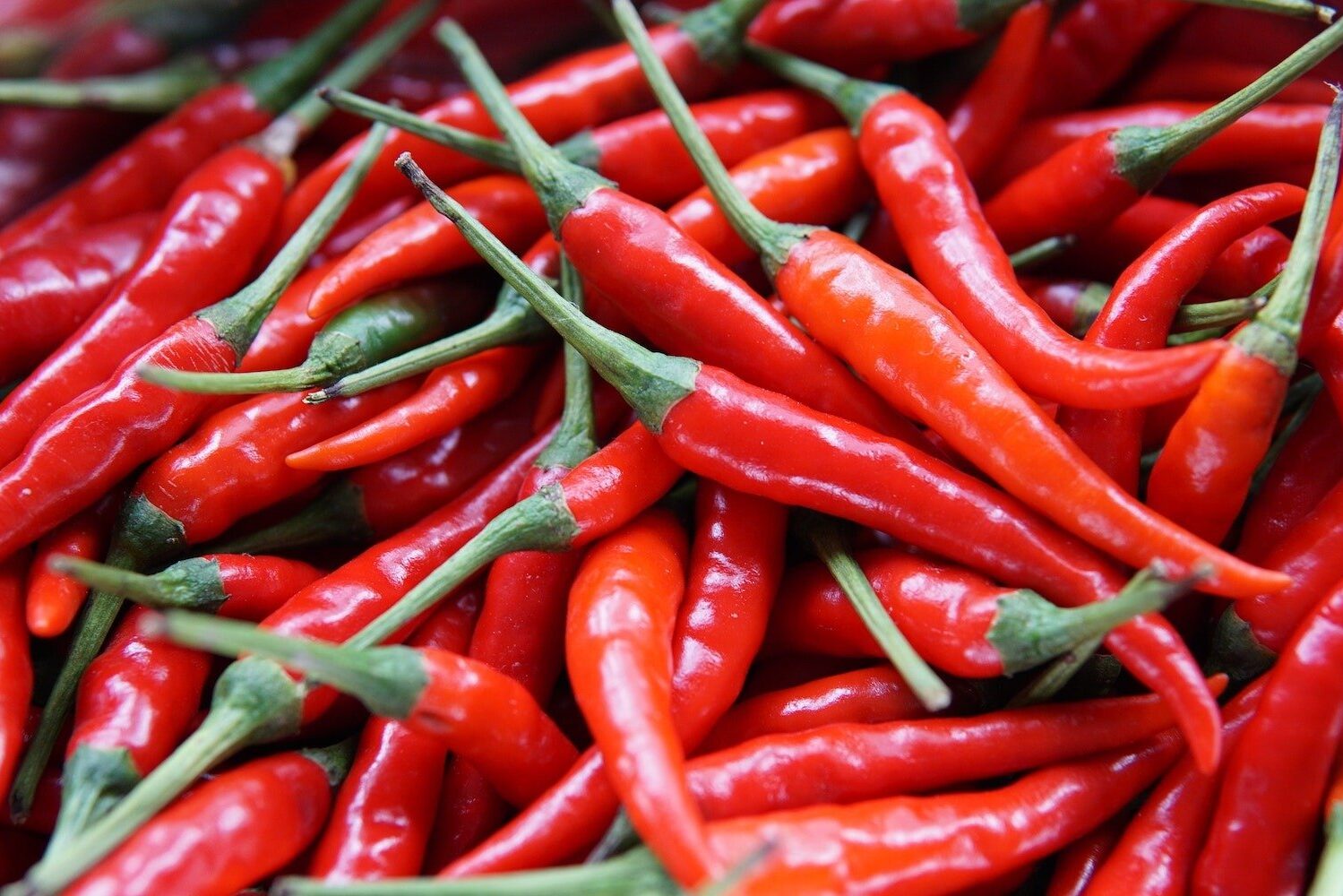
Chili peppers, fiery and essential to Mexican cooking, became targets for criminal rackets in Jalisco. Gangs demanded fees from farmers, threatening to burn fields or harm families if they refused. Each harvest season carried a sense of dread rather than celebration. What should have been a colorful expression of culture turned into a source of pain. The chili, once a proud spice of the region, was reduced to a tool of control. Farmers fought to keep both their crops and dignity alive amid fear.
14. The Cucumber Scam in Germany
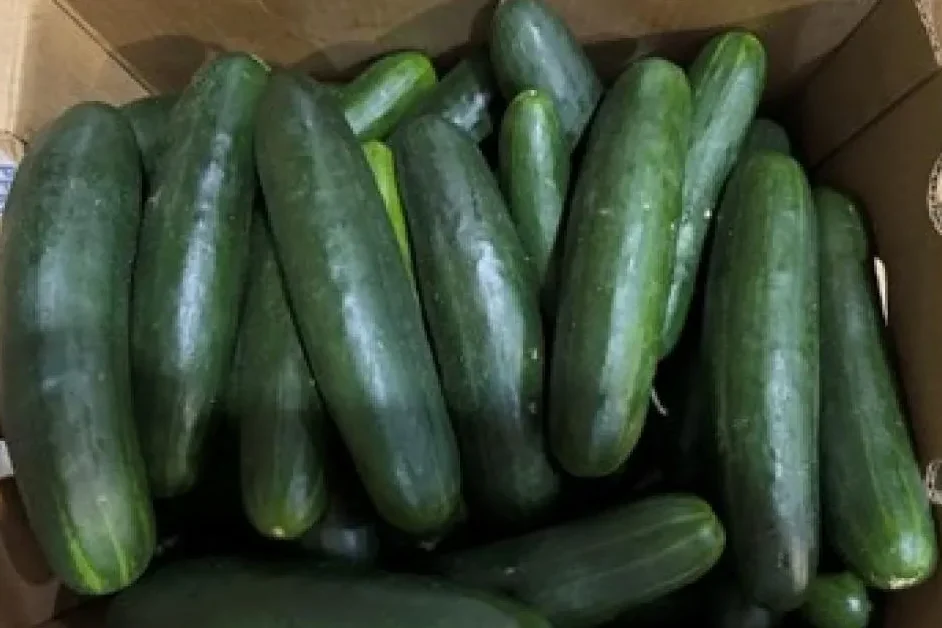
In the 1990s, Germany uncovered a massive tax scam involving cucumbers and other vegetables. On paper, the produce appeared to cross multiple borders, generating fraudulent VAT refunds at every stop. In truth, the cucumbers barely moved. Criminals pocketed billions from fake transactions while honest farmers suffered under suspicion. The scheme was one of Europe’s largest financial food crimes. It showed that corruption doesn’t always carry guns or threats; sometimes, it wears a business suit and hides behind something as plain as a cucumber.
15. Drug Mules with Vegetable Disguises
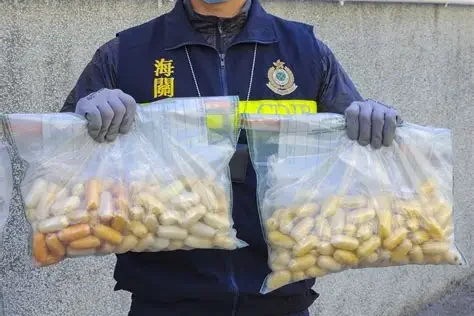
Traffickers have long hidden narcotics inside everyday produce. Police uncovered heroin in bell peppers, marijuana packed in spinach, and meth disguised inside pumpkins. The idea was simple: use natural textures and smells to mask illegal cargo. Some shipments slipped through unnoticed before authorities caught on. For smugglers, vegetables became camouflage for chaos. For border agents, every crate of fresh produce became suspicious cargo. It was one of the strangest ways criminals turned groceries into instruments of destruction and greed.
16. China’s Tainted Vegetables
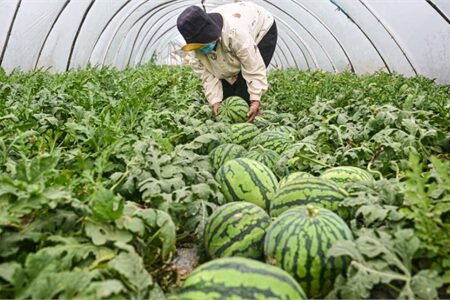
Food scandals in China have shown how greed can ruin even the purest things. Investigations revealed vegetables treated with illegal chemicals to appear greener and fresher. Families unknowingly served toxic meals to their children. It wasn’t just a safety issue; it was a moral one. Trust in local markets vanished overnight as people feared what was once safe. The scandal proved how corruption can poison communities from the inside. Vegetables meant to nourish became symbols of betrayal, showing that dishonesty can rot anything.
17. Brussels Sprouts Bootlegging in the UK
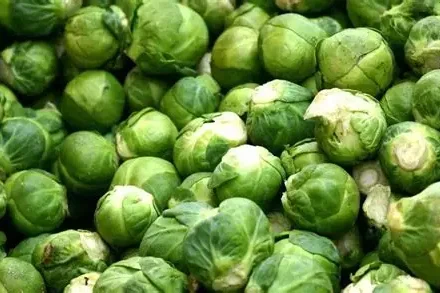
Post-war Britain faced rationing that turned simple foods into black-market treasures. Even Brussels sprouts, once the vegetable children pushed aside, became sought-after contraband. Farmers smuggled extra produce to earn money, while buyers paid high prices under the table. What seemed like small-time mischief was actually a sign of desperation in hard times. Sprouts, bland and unassuming, became tokens of rebellion against hunger and control. In those days, even the most disliked vegetable could spark quiet acts of defiance and survival.
18. The Spinach Salmonella Scandal
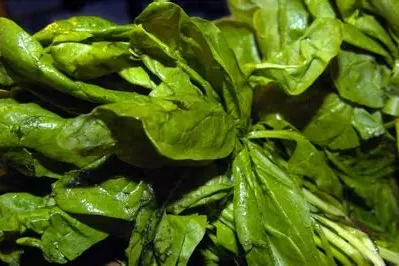
In 2006, spinach became the center of a deadly outbreak in the United States. Hundreds were hospitalized after eating contaminated leaves. Investigators found the cause in poor farming practices and ignored safety rules. It wasn’t organized crime, but it was still criminal negligence that cost lives. Spinach, celebrated as a superfood, turned into a public health threat. It reminded everyone that crime in food doesn’t always involve mobs; sometimes it’s simply greed that sacrifices safety for speed. The result was tragedy on a national scale.
19. Cartels and the Avocado Boom 2.0
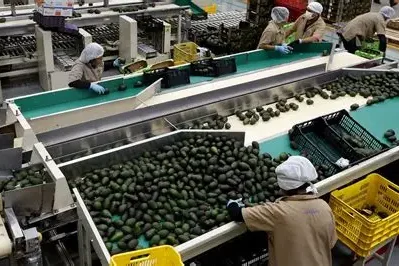
In Mexico’s ongoing avocado wars, cartels expanded beyond extortion into full territorial control. They dictated which families could farm and who could export. Those who refused faced kidnappings or murder. Entire towns became hostage to their rule. Avocados, once symbols of success, now carried stories of loss and bloodshed. Global demand only fueled the violence. Behind every export crate was a battle for survival. What should have been a profitable fruit turned into another reminder that greed always leaves a bitter aftertaste.
20. The Artichoke Racket’s Revival
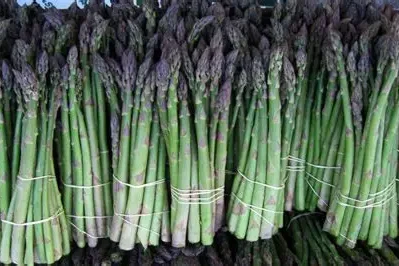
Decades after Ciro Terranova’s reign, whispers of new produce monopolies began resurfacing. Smaller crops like asparagus and rare mushrooms fell under quiet control of modern middlemen. Farmers complained of unfair pricing and blocked access to markets. Though not as violent as old mafia tactics, the manipulation still carried the same hunger for dominance. It showed that wherever demand exists, corruption finds a way to grow. Vegetables, underestimated and humble, remain fertile ground for greed. In the end, even nature’s simplest gifts can’t escape human corruption.
From onions toppling governments to avocados funding cartels, these stories prove vegetables can be deadly serious business. What looks like dinner on your plate can hide a world of corruption, greed, and violence. Next time you shop for produce, remember sometimes, even the freshest greens come with the darkest backstories.
This story 20 Shocking Times Criminals Turned Vegetables into Dirty Business was first published on Daily FETCH


